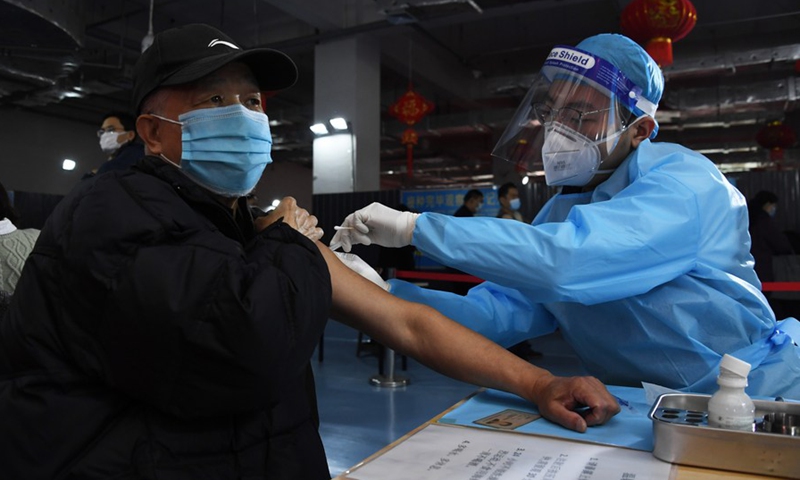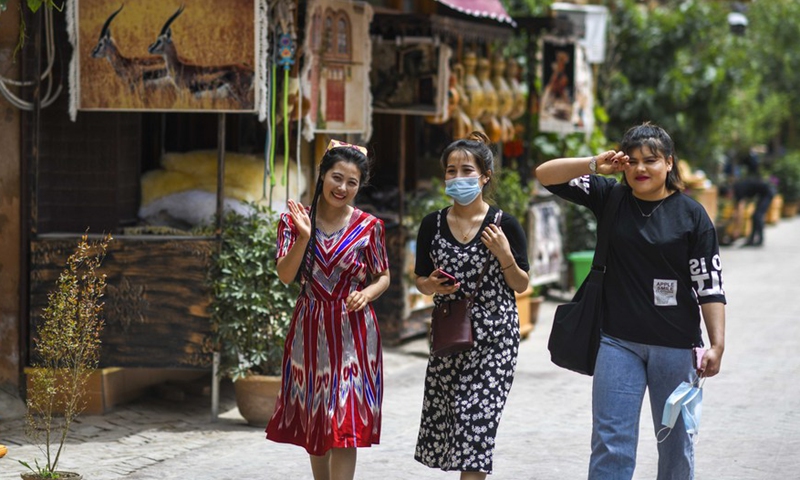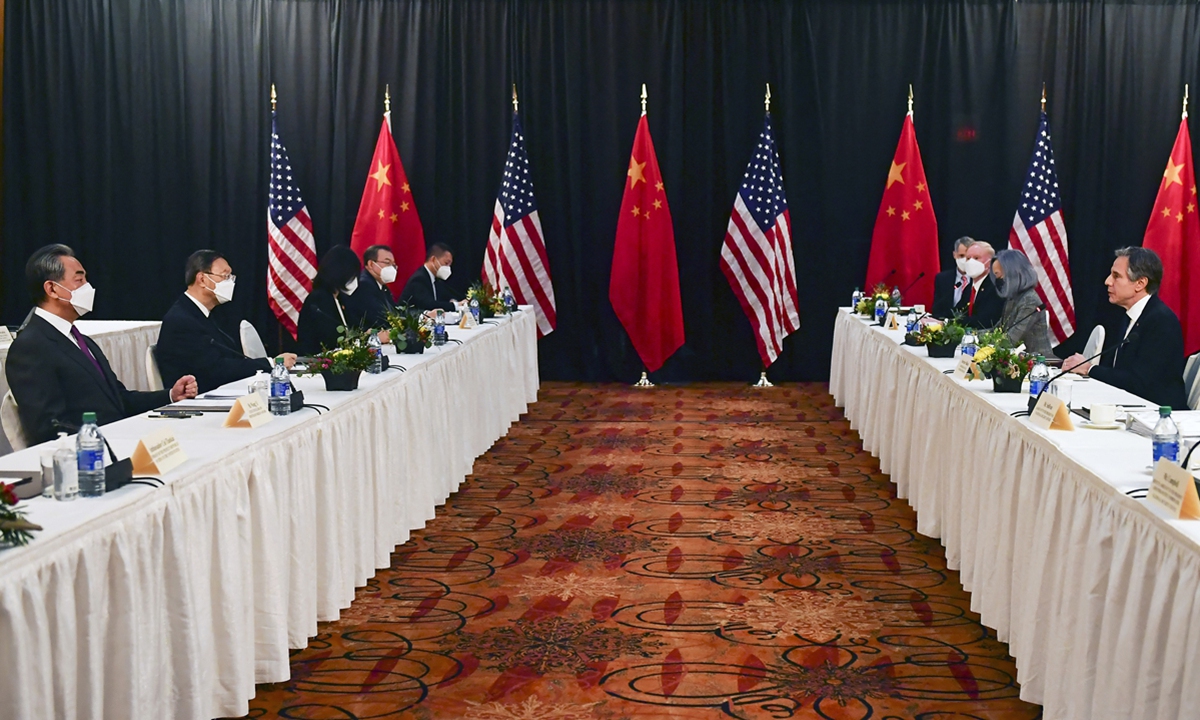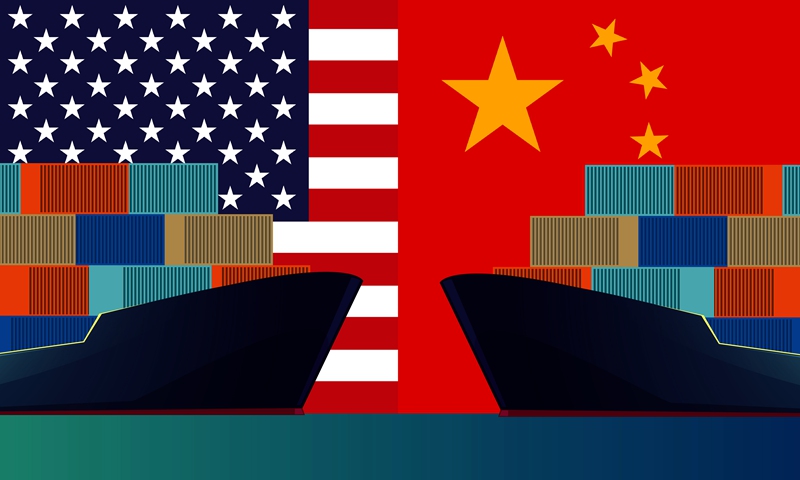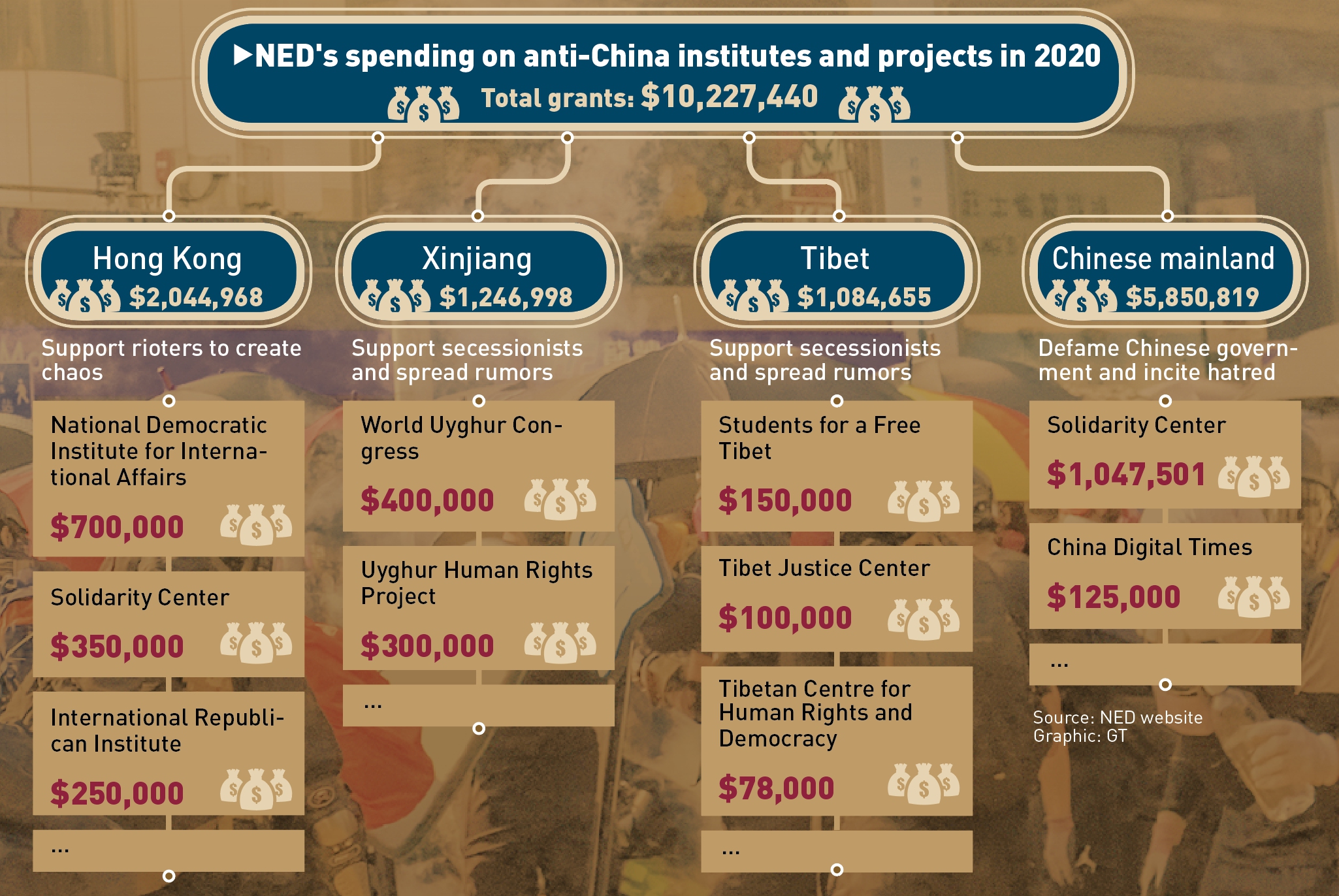The first batch of Chinese-donated COVID-19 vaccine doses is unloaded from a plane at Robert Mugabe International Airport in Harare, Zimbabwe on Feb 15, 2021. Photo/Xinhua]
Vaccine assistance is first large-scale effort of its kind
China is providing and will offer vaccine assistance to 80 countries and three international organizations, the first large-scale assistance of its kind, the country's International Development Cooperation Agency said on Friday.
The vaccines are being donated to a wide range of countries from five continents in a timely and orderly manner, including 26 in Asia and 34 in Africa, the agency's spokesperson Tian Lin said in an interview.
The country also offered vaccine doses to the African Union, the Arab League and the United Nations Peacekeepers, Tian said.
China has acted swiftly to donate the vaccine doses, he said, adding that the nation is also providing injection devices to countries facing difficulties.
So far, over 60 countries have authorized the registration or emergency use of Chinese vaccines, and many foreign politicians have been inoculated with Chinese vaccines, including the president and prime minister of Hungary, the Pakistani president and Chile's president, which Tian said is a vote of confidence in the security and effectiveness of Chinese vaccines.
China applies the strictest quality control measures with regard to its vaccines and ensures the timely delivery of high-quality vaccines, he said.
The moves aim to implement the promise made by President Xi Jinping at the opening of the 73rd session of the World Health Assembly via video link last year that COVID-19 vaccine development and deployment in China, when available, will be made a global public good.
The ongoing assistance is provided to ensure developing countries have fair and timely access to vaccines, and is based on the pandemic situation and the specific needs of related countries, he said.
China provides the assistance to help developing countries save lives, to which it attaches no political strings and has nothing to do with geopolitics, he said.
China is not a savior, but tries to be a friend in need, a sincere partner to be counted on in times of difficulty, he added.
Tian called for efforts to promote the fair distribution of vaccines around the globe. He noted that while high-income countries have quickly acquired a large number of vaccine doses, there are fewer opportunities for poor nations to obtain vaccines.
He said that China firmly opposes selfish behavior such as hoarding, monopolies and "vaccine nationalism", and hopes the international community will do more that is conducive to global cooperation in combating the pandemic.
Vaccine assistance will not affect domestic inoculation, he said, adding that China always offers foreign aid according to the principle of doing the utmost within its capabilities.
- China Daily/ANN/The Star
Related:
80.46 million people had received #COVID19 vaccination as of Mar 22. After the first vaccine was approved for emergency use in July 2020, China's vaccination rate has accelerated. Check this graphic for more details:
China promotes world's largest vaccination drive, to surpass US in number of doses in April
China's mass vaccination campaign has entered the fast track with its daily inoculations leaping from 1 million to nearly 3 million within a week. Experts expected China's overall inoculation rate to surpass 10 million per day, putting it on target ...


